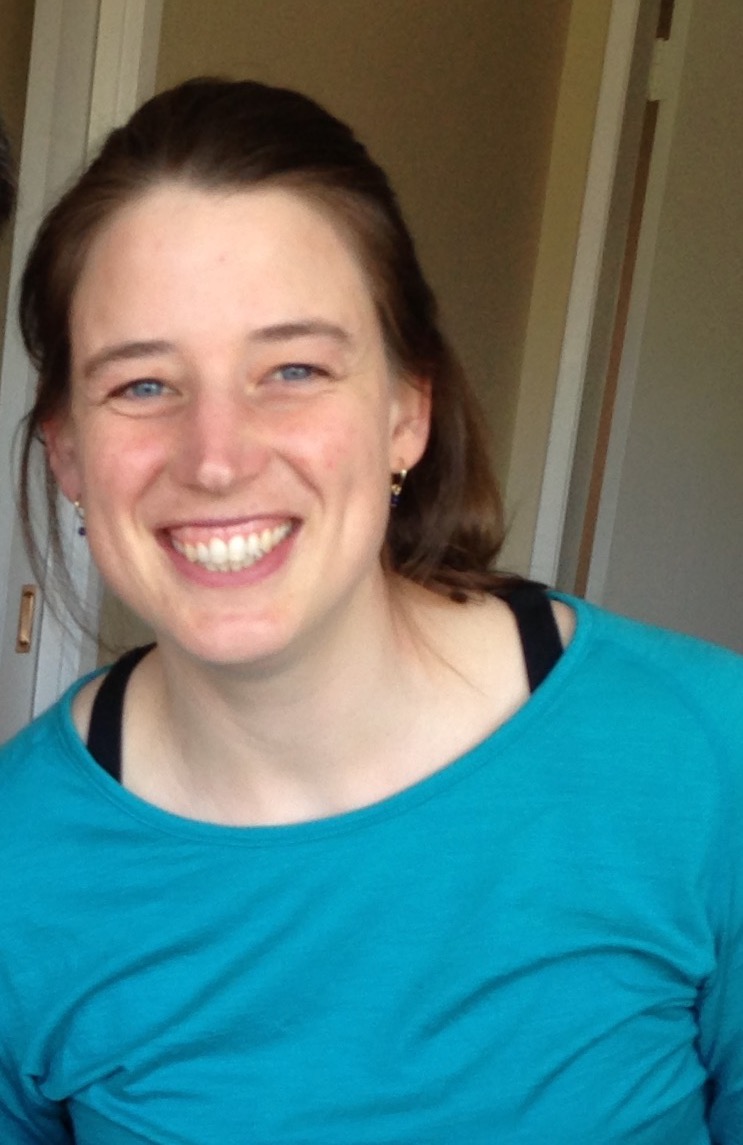About

I’m an assistant professor in the Department of Linguistics, University of Alberta.
My doctoral work at the Department of Linguistics at the University of British Columbia focused on the second-position clitic string in ʔayʔaǰuθəm. ʔayʔaǰuθəm, like many languages of the Salish language family, has a rich system of second-position clitics, encoding a range of functions including subject agreement, force, modality, evidentiality, and discourse management. In my dissertation, I argue that these morphemes occupy a series of heads in the upper part of the clause and propose a morphological account of clitic placement. I also examine the semantic contribution of individual clitics, which leads me to argue for partial overlap between the categories of evidentiality and epistemic modality, as well as restrictions on the timing of evidence for certain epistemic modal claims. In addition to analyzing the modal and evidential clitics, I provide an analysis of the domain widening effect of a scalar exclusive particle when it associates with universally quantified phrases and propose analyses for three discourse particles with contributions relating to common ground management, discourse coherence, and speaker commitment.
Besides my dissertation, I have been working for the past seven years on an e-dictionary in collaboration with the Tla’amin, Homalco, Klahoose, and K’ómoks First Nations, funded through a SSHRC Insight grant to Henry Davis. For this project, I have been working alongside two research assistants from the Tla’amin Nation. Together we have been recording, transcribing, and editing to create a dictionary database with audio files for every entry. Our goal is to have a dictionary that is user-friendly, portable, and structured for language learners. A preliminary release of our work can be found here.
I am deeply grateful to each of the elders who have so patiently and generously shared their language with me, always with such good humour, making our time together so enjoyable. Without these brave individuals who have persevered so determinedly to keep their language alive, this work would not be possible. I remember in particular those elders who have passed, whose laughter and stories I miss dearly. č̓ɛč̓ɛhatanapɛč!